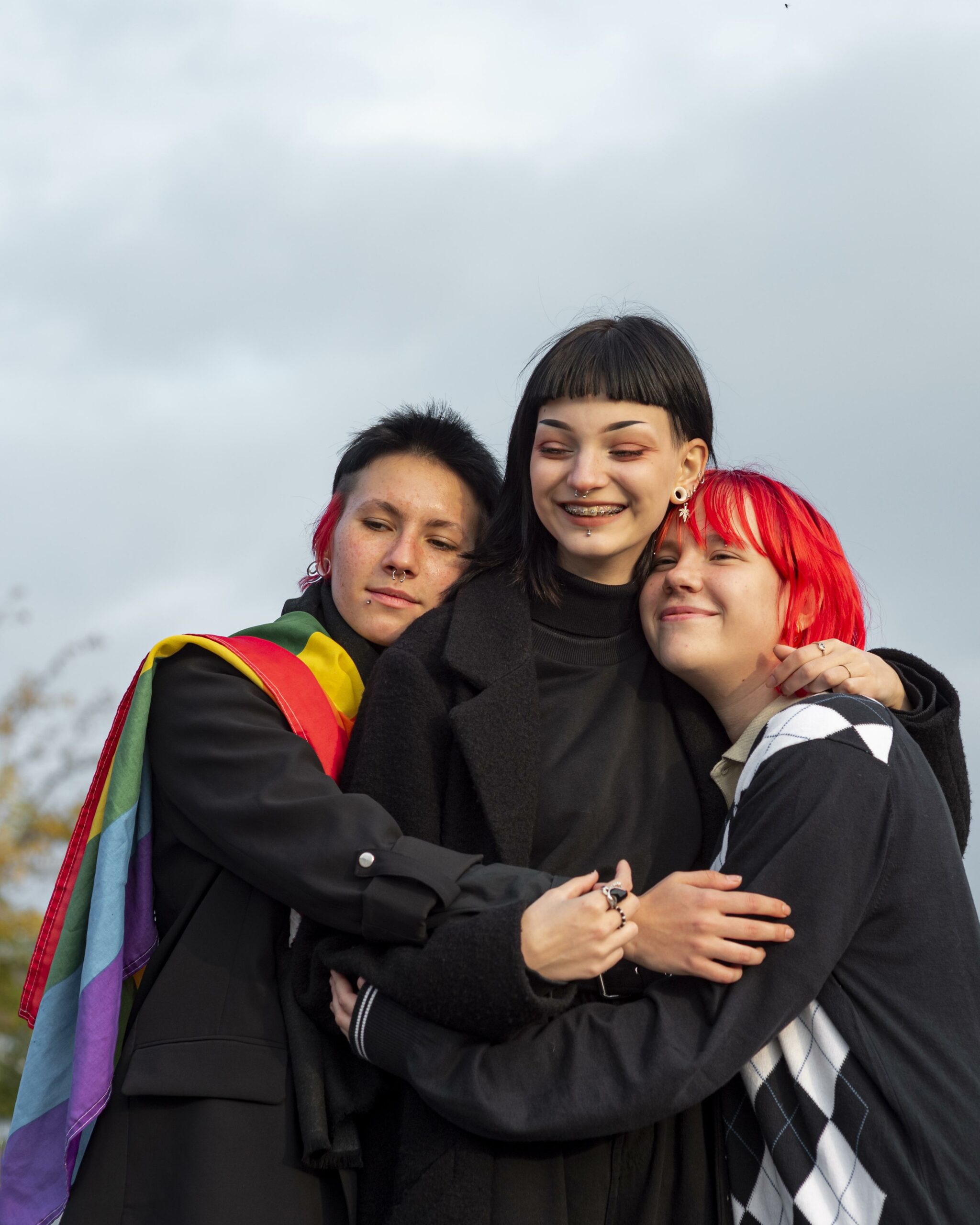CAN (LET’S) was invited to take part in a follow-up focus group to provide input on how to evaluate the process of the Virtual Care Educational Products project. The evaluation team wanted to gather perspectives from patients, caregivers and learners experience in participating in this research project.
Results of this research will be presented at medical education conferences and published in academic journals. The following is an abbreviated version of the report.
Introduction
The COVID-19 pandemic has resulted in rapid and widespread adoption of virtual care, and clinicians will continue with hybrid care in the future. With this reality comes new challenges, responsibilities as well as opportunities. The goal of the project is to partner with patients, caregivers and learners to co-design learning materials to support virtual care education.
This report is a summary of the result of the second phase of the study: Focus group and individual interviews.

Emergent themes:
Analyzing focus group and individual interviews identified 7 themes demonstrating patients and caregivers experience navigating virtual care.
Theme 1: Technological benefits
Overall, participants expressed positive remarks toward virtual healthcare and recommended continuous in a hybrid format. General reported benefits include greater accessibility, decreased travel time and cost, efficiency, more selections for healthcare services, and greater inclusivity as more members of the care team and family can attend appointments. Participants also referred to increased mental comfort as another beneficial feature of virtual care. They believed this format provides a safer space for people with anxiety, members of 2SLGBTQIA+ community, and vulnerable and immunosuppressed patients.
Participants also identified some disadvantages to virtual care, including a digital divide (i.e., unequal access to suitable technology due to age, ability, socioeconomic status, and network access), lack of best practice in virtual care, confidentiality and privacy, and lack of physical contact and physical assessment.
Theme 2: Communication Skills and Strategies:
Communication skills and strategies refer to participants comments about enhancing communication skills and abilities in virtual format so that the information is being conveyed and shared clearly.
Sub-themes related to this theme include active listening, verbal and non-verbal communication skills, and follow-up appointment summary.
Almost all participants placed a very high value on healthcare practitioners’ communication skills and believed that the nature of the virtual care might cause distraction and ambiguity in communication. Hence, in virtual care, active listening skills, asking open-ended questions, speaking more slowly and clearly, and adding more pauses during conversations are more critical than in a non-virtual format.
When asked about the most important skills students need to know about virtual care, many participants referred to active listening skills, being present and committed.
Several participants also talked about the importance of receiving a follow up email that summarizes everything that are discussed during the virtual meeting.
Theme 3: Participants noted that they “want to be treated with respect” and believed that factors such as proper introductions, demonstrating compassion, getting to know
patients, respecting their needs and expectations, and privacy and confidentiality are critical in establishing rapport, trust and mutual respect in virtual care.
In addition, participants emphasized that virtual care is not just about “writing prescriptions and making a diagnosis”; having a holistic (whole person) view is the key. Highlighting the importance of humanizing the process and making a connection with patients.

Theme 4: Inclusion
The inclusion theme refers to participants’ comments on establishing and strengthening approaches to inclusion, diversity, equity, and accessibility in virtual care. Subthemes related to the inclusion theme include equity, equal power dynamics, and inclusive terminology.
Participants talked about a divide that virtual care may create due to unequal accessibility to suitable technology based on socio-economic status, age, ability, technology and network access. Biases were another factor that participants believed could create a divide and exclude a patient from the care team.
Theme 5: Information/Education/Support
The sheer power of education to change behaviours, actions, and thoughts is why this research project is critical for the future of virtual care. When it comes to quality healthcare, participants highlighted how important it is to have all affiliated care team members be thoroughly informed which can include the lead staff physician to the patient in the spotlight. Participants shared several clear benefits of sharing information.
A person teaching an older adult how to use Zoom on a laptop.
On the other hand, patients should be taught how to access and navigate the virtual platform chosen for the appointment (i.e., how to set up Zoom). From another perspective, medical students are the future of our healthcare and should be educated on best practices to prevent the formation of ill habits.

Theme 6: Professional Presentation
When it comes to healthcare, maintaining a professional practice is of utmost importance to ensure patients feel welcomed and trusting. For virtual care, participants took to note how significant it was for how a physician presents oneself across the phone and in front of the camera. Patients will notice if one is not looking into the camera, or is multitasking by filling out paperwork, or if the attire chosen is more suited for going to the beach; these actions are not appreciated.
Several participants claimed distaste when a lack of coordination was apparent across a healthcare team. Although an advantage of virtual care is its ability to conduct interprofessional care more easily, all team members must be on the same page before interacting with a patient. The spread of different opinions can damage the trust a patient has.
Theme 7: Autonomy
As one of the four pillars of medical ethics, autonomy, the respect for patient’s freedom, plays a significant role in virtual care. With the push to use telephone, email, and videoconferencing platforms for healthcare appointments since the onset of the COVID-19 pandemic, physicians now have more options to choose from for how they can administer their service. However, participants have noted that this choice can be maladaptive if physicians abuse virtual care for their own benefit. Not all patients are comfortable with a telephone or Zoom call and in many instances, they would prefer an in-person visit due to varying and valid reasons. As a result, participants advocated for a more collaborative decision- making process for selecting the method of service.
Enabling personal preference blends itself into other core principles that should be practiced such as welcoming patient’s thoughts, encouraging new questions, and addressing serious concerns. With regards to virtual care, the inherent issue about privacy and confidentiality was echoed across all patients. Is the physician recording our conversation? Is there another individual listening to the conversation?
Conclusion:
The abundant of rich information gained from these focus groups brings to the light the positives and negatives of virtual care. The main belief shared across all groups was that virtual care is here to stay with the critical understanding that improvements must be made. The numerous benefits offered such as increased accessibility and greater inclusivity reinforces virtual care. On the other hand, issues such as a lack of patient preference to disparities with technological access proves the necessity to evaluate virtual care. It is clear that the COVID-19 pandemic forced virtual care to abruptly be incorporated into the healthcare system without much deliberation. However, as with all aspects of the healthcare system, we as patients, caregivers, learners, clinicians, and educators must do our diligence in making changes to yield a better future.



